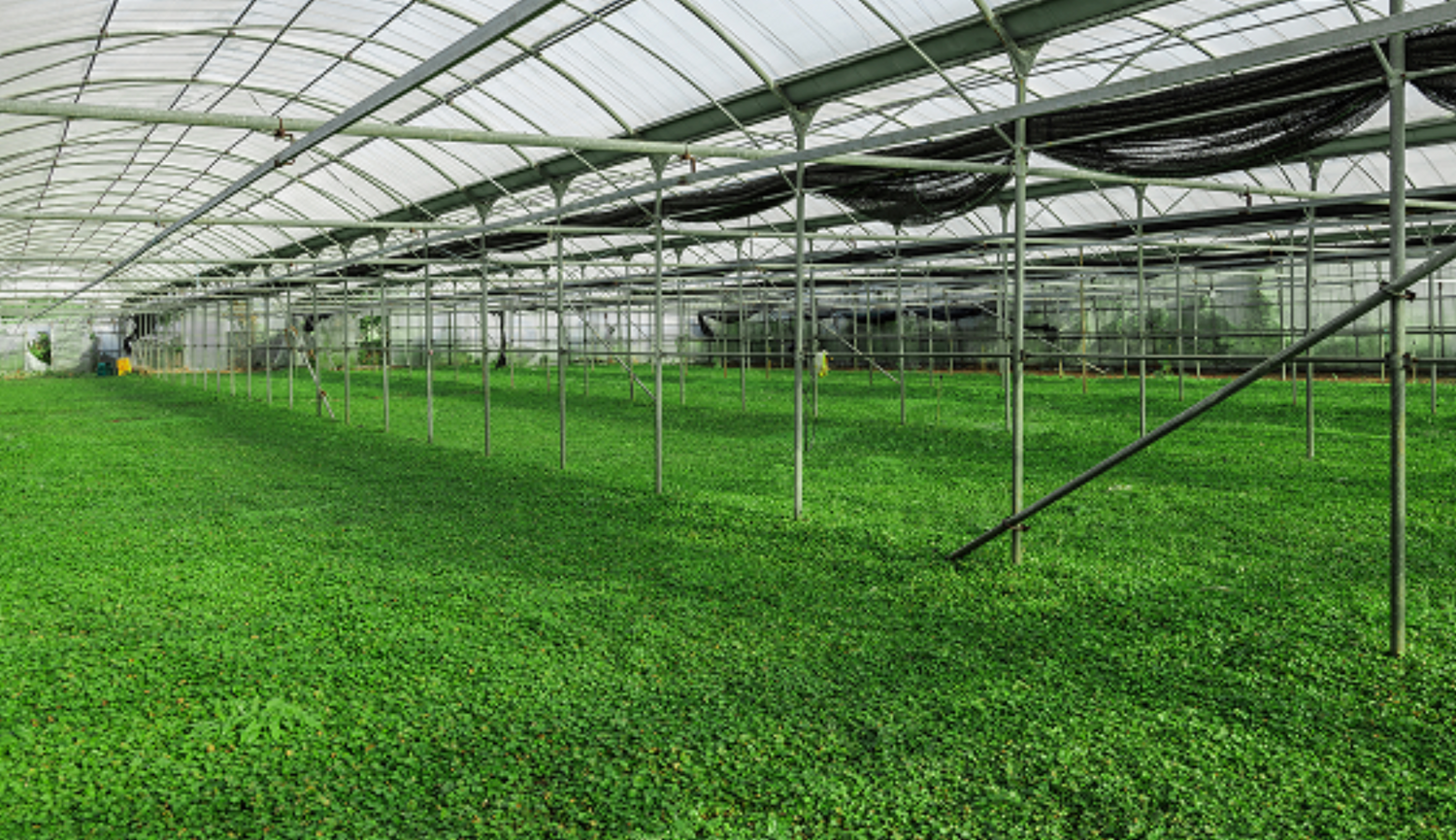The Skin Shift No One Talks About in Perimenopause
Everyone talks about the mood swings and hot flashes. But there’s one part of perimenopause most women aren’t prepared for — the sudden shift in your skin.
One day, your usual products are enough. The next, your skin feels dry, dull, and less resilient. It’s like your glow packed up and left overnight.
If this sounds familiar, you're not imagining it.
Perimenopause, the transitional period leading to menopause, brings hormonal changes that directly affect your skin. But with the right approach — and the help of Korean skincare brands like Riman and Incellderm (ICD Skincare) — you can stay ahead of these changes and protect your skin’s long-term health and radiance.
Here’s how.
How Perimenopause Impacts Your Skin
Perimenopause usually begins in your 40s, sometimes earlier. As estrogen levels decline, so does your skin's ability to maintain hydration, elasticity, and firmness.
1. Collagen Loss
Estrogen helps stimulate collagen, the protein that gives skin structure and firmness. As hormone levels drop, collagen production slows. The result: thinner skin, fine lines, and sagging.
2. Increased Dryness
Estrogen also plays a role in hyaluronic acid and natural oil production. When that drops off, your skin becomes drier, rougher, and less plump.
3. Sensitivity and Barrier Damage
Skin becomes more reactive and prone to redness or irritation. This is often due to a compromised moisture barrier, which leaves your skin vulnerable to environmental stressors and inflammation.
The Three Biggest Skin Concerns During Perimenopause
-
Loss of collagen and firmness
-
Dryness and dehydration
-
Increased sensitivity and weaker skin barrier
Korean skincare is uniquely suited to address these concerns because it focuses on deep hydration, barrier support, and gentle but effective ingredients. Riman’s Incellderm line, in particular, stands out for its science-backed formulas designed to restore resilience without irritation.
Your Updated Skincare Routine for Perimenopause
If your old products aren't working like they used to, it’s time for a routine that matches your skin’s new needs. Here's how to rebuild a skin-supportive regimen step by step.
Step 1: Use a Gentle, Nourishing Cleanser
Avoid anything foaming or overly astringent. Look for enzyme-based or oil cleansers that cleanse without stripping natural oils.
Try:
Incellderm Snow Enzyme Cleanser EX – Exfoliates gently with natural enzymes while protecting the skin barrier.
Step 2: Layer Hydration Strategically
Instead of one heavy cream, layer lighter hydrating products for better absorption. Start with a hydrating toner or essence, followed by a serum rich in humectants.
Try:
ICD Dermatology Serum – Packed with hyaluronic acid and Jeju Lava Energy Water to hydrate and soothe.
Step 3: Boost Collagen With Active Ingredients
Now’s the time for peptides, niacinamide, and vitamin C to support skin firmness and radiance.
Try:
ICD Dermatology Booster – Designed to work alongside the Serum for enhanced elasticity and repair.
ICD Dermatology Cream – Helps reduce the appearance of fine lines while strengthening the barrier.
Step 4: Lock It All In With a Rich Moisturizer
Choose moisturizers that contain ceramides, fatty acids, and nourishing oils to protect your skin barrier.
Try:
ICD Dermatology Cream – Deep hydration without heaviness, ideal for nightly repair or dry climates.
Step 5: Always Wear SPF
Sun exposure worsens collagen breakdown and speeds up visible aging. Daily sunscreen is essential.
Try:
ICD Moisture Layer Sunscreen – Lightweight, hydrating, and perfect for layering under makeup.
Support Skin From the Inside Out
Topical care is critical, but so is what’s happening internally. Here are four simple lifestyle shifts to support your skin through perimenopause.
1. Focus on Collagen-Supporting Nutrition
Eat protein-rich foods (like fish, eggs, and legumes), healthy fats, and plenty of vitamin C to support your skin’s building blocks.
2. Drink More Water Than You Think You Need
Dehydration exacerbates dullness and dryness. Aim for 8–10 glasses daily, especially if you drink coffee or alcohol.
3. Lower Stress Levels
Chronic stress increases cortisol, which breaks down collagen and worsens inflammation. Try walking, journaling, or short breathing exercises to keep stress in check.
4. Get Consistent Sleep
Skin repairs itself at night. Aim for 7–9 hours of high-quality sleep to allow for proper regeneration.
Why Korean Skincare Is Ideal for Perimenopausal Skin
Korean skincare — or K-beauty — is built on principles that align perfectly with what perimenopausal skin needs: hydration, prevention, and barrier support.
Riman and the Incellderm (ICD Skincare) range are especially effective because we:
-
Use fresh ingredients straight from the source (Our patented Giant BYoungPool, or Centella Asiatica, not dried (grown and harvested locally on Jeju Island), that are more bioavailable and less irritating
-
Focus on long-term skin health, not just quick fixes
-
Support collagen and hydration without aggressive actives
Whether you’re new to Korean skincare or already a fan, these formulas are well-suited to skin in transition — gentle enough for sensitivity, but powerful enough to restore glow and firmness.
Conclusion: Your Skin Can Thrive in Perimenopause
Perimenopause doesn’t have to mean losing your skin’s glow. It’s simply a shift — one that can be supported with the right knowledge, ingredients, and routine.
By leaning into hydrating, collagen-supportive products from trusted K-beauty brands like Riman and Incellderm, and by making a few internal lifestyle shifts, you can maintain resilient, radiant skin well into your next chapter.
This isn’t about fighting aging. It’s about working with your skin — and giving it the care it truly deserves.
Explore the full Riman Incellderm collection and discover how ICD Skincare can support your skin during perimenopause.





